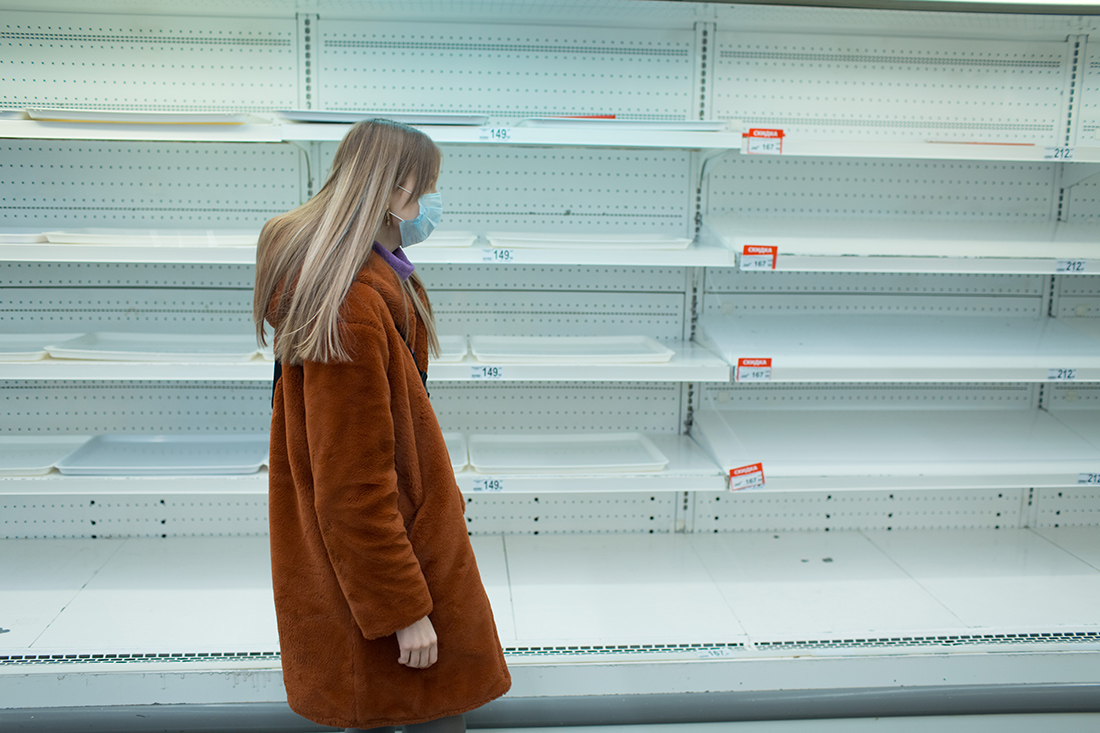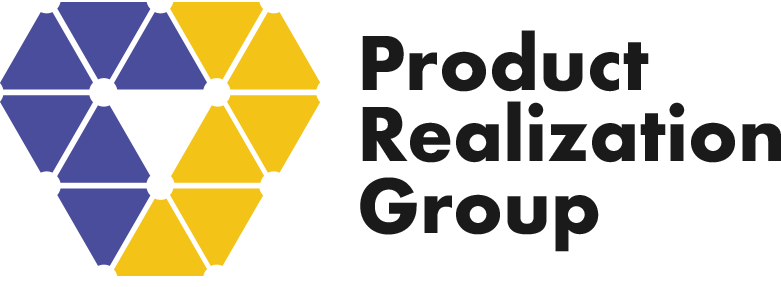
By Jessica Ching, Chief Marketing Officer for Product Realization Group
The Coronavirus pandemic has had a significant impact on the global population – from our health, to the way we live and work. One lesson that quickly became apparent was how supply chain issues were leaving their usual universe and being brought straight into every consumer’s home.
We all have our own stories of the past several months on the struggles to find a specific product, from the popular to the somewhat obscure. But, still, we go about our lives and sometimes it is easy to forget, if just for a minute. Then the reality of supply chain hiccups hits you square in the face. This happened to me just a few weeks ago, when I came to the startling realization that there was no Diet Coke to be found in my town, anywhere I looked on Labor Day weekend.
Admittedly, Diet Coke may not be an “essential item”, but it is something you feel you can always count on because it is ubiquitous in American culture and on supermarket shelves. Coca-Cola is the #1 selling soft drink in America. But after coming up empty handed at a big box store, a major grocery chain, and a smaller neighborhood retailer, I knew it was true. A mighty, powerful American company of Fortune 100 stature was unable to deliver its key product. They missed sales on the warmest weekend on the year—likely akin to a retail powerhouse like Macy’s missing cappuccino machines on Christmas.
Unfortunately, because of Coronavirus causing delays in their supply chain since earlier this year, Coca-Cola ran into issues with both the sweetener and the aluminum for the new “Mini” size cans that I love. Double wham. Ouch!
As disheartening as this experience was, I just want to make it clear that this is just one example of a major company and product that has been impacted by the pandemic. Recent experiences shared by my extended team here at PRG include the inability to procure popular cleaning products like Mr. Clean and Spic and Span and the unsurprising and ongoing shortages of hand sanitizer. And I don’t think we even need to get into the toilet paper issue. Higher ticket consumer items have even been impacted. A colleague recently reminded me of the chest freezer shortage, as covered in this earlier USA Today article. As consumers tried to stockpile food to avoid frequent grocery shopping at the onset of the pandemic in the United States, chest freezers quickly became in high demand, an issue that was only compounded when there was the meat shortage.
What’s a person to do? If you’re a lowly consumer, you either go the stockpiling route (which may not win you many fans in terms of your fellow consumers), or you just suck it up and roll with the punches. However, as a manufacturer or developer of products, you don’t have the luxury of these two options. You probably realize the time to reassess your manufacturing and supply chain is now, if you haven’t done so already. PRG has seen the struggle firsthand, as have our partners. One of them recently shared that this global crisis caused them to completely re-design their new product because lead times for parts was 53 weeks or more.
At PRG we help companies of diverse sizes and industries to shore up supply chains, select alternative suppliers, bring in backup suppliers, and even relocate manufacturing operations to another country. If there’s a shortage of raw material we can’t fix that issue, but we can help you do your best to work around it. We will collaborate with you on a plan that includes finding the companies that are most likely to deliver, revising your factory schedule, and helping you set expectations for your own customers, as well as assessing product designs to shift from hard-to-find to more available parts and materials.
We would be delighted to help you take the pain out of your supply chain. To have a chat with us about how we can help your company, please contact us today.

Jessica Ching is Marketing Practice lead and Chief Marketing Officer for Product Realization Group. When she’s not helping companies get to market with great strategies and plans, she’s blazing new trails for medical devices. She usually drinks Diet Coke only on limited occasions, and this year hardly at all.


